Alfie
___________________________
Alfie (Burt Bacharach & Hal David)
From Wikipedia (grammar normalized):
 Although Burt Bacharach has cited “Alfie” as his personal favorite of his compositions, he and Hal David had not been very interested when approached by Ed Wolpin, who headed the composers’ publishers Famous Music, to write a song to serve as a promotional tie-in with the upcoming film Alfie (a release from Paramount Pictures who owned Famous Music). Hal David would attribute the composers’ disinterest to the title character’s name being pedestrian: “Writing a song about a man called ‘Alfie’ didn’t seem too exciting at the time.”
Although Burt Bacharach has cited “Alfie” as his personal favorite of his compositions, he and Hal David had not been very interested when approached by Ed Wolpin, who headed the composers’ publishers Famous Music, to write a song to serve as a promotional tie-in with the upcoming film Alfie (a release from Paramount Pictures who owned Famous Music). Hal David would attribute the composers’ disinterest to the title character’s name being pedestrian: “Writing a song about a man called ‘Alfie’ didn’t seem too exciting at the time.”
The composers agreed to submit an “Alfie” song if they were able to write a worthy candidate so named within a three week period. When Bacharach, resident in California, was shown a rough cut of the film Alfie the quality of the film’s depiction of a Cockney womanizer played by Michael Caine instilled in Bacharach a dedication to writing a complementary song and as Bacharach felt, in his own words, “with ‘Alfie’ the lyric had to come first because it had to say what that movie was all about” [1] he arranged for David, in Long Island, to receive a script of the film to facilitate writing the lyrics for an “Alfie” song. David utilized one of Michael Caine’s lines in the film: “What’s it all about,” as the opening phrase for the song’s lyrics which when completed were set to music by Bacharach.
____________________________
Cilla Black recorded the song first, in a fall 1965 session at Studio One, Abbey Road Studios, in London. The recording was arranged and conducted by Burt Bacharach, and produced by George Martin.
The single was released in the UK 25 March 1966 (four days prior to the film’s UK release) and peaked at #9 in May. Released in July in the US, it entered the US Hot 100 chart on 27 August, but went little further, reaching only #95.
Black wanted no part of the song when she received the invitation to record it first. She thought Alfie was a good name for a dog, not for the subject of a serious ballad, and informed her manager Brian Epstein that she couldn’t do it for that and other reasons. However, rather than risk offending Bacharach she resorted to the ploy of making demands which she anticipated would not be met by the composer, thereby getting her off the hook. She agreed to record the song only if Bacharach himself would do the arrangement, and come to London to direct the orchestra, and play the piano on the session. To her dismay (“Now I’ve got to do the bloomin’ thing!”), he assented to each of her stipulations. Wikipedia indicates (quoting Black from an uncited source) that the special requests were made one at a time by Black, as she repeatedly attempted to ease her way diplomatically out of doing the song, with a positive reply forthcoming with each raise of the bar.
 The Cilla Black recording session of Alfie is frequently cited as a prime example of Bacharach’s perfectionism in the studio. While Black has recalled 18-19 complete takes (according to Wikipedia), Bacharach gives an estimate of thirty-two takes in the retrospective clip in the first video below.
The Cilla Black recording session of Alfie is frequently cited as a prime example of Bacharach’s perfectionism in the studio. While Black has recalled 18-19 complete takes (according to Wikipedia), Bacharach gives an estimate of thirty-two takes in the retrospective clip in the first video below.
In a 29 November 2011 interview of Bacharach by Marc Myers for his site JazzWax, the composer defends such excesses, claiming that his purpose in calling repeatedly for another take is to leave no stone unturned in his quest for the best performance out of all involved, and all at the same time:
I’m trying [to] juggle a range of things as the conductor. I’m trying to get the best performance from the drummer and from the bass and strings. And so I’m trying to get everyone up to the top of their game. When I call for multiple takes, it might be because just one instrument was off.
In the following clip, featuring comments on the session by Cilla Black, producer George Martin, and Burt Bacharach, the latter says “I guess it could have been really…pretty stressful for every…for the engineer, for Cilla. We must have done 32 takes. She was a good sport about it.”
Cilla Black
.
Cher — released in late June 1966, nearly two months before the film’s US release, it entered the US chart on 30 July and a peaked at #32. Produced by Sonny Bono.
Wikipedia:
Although Black’s version of “Alfie” had served as a promotional tool for the film’s UK release rather than as the film’s theme – being in fact featured nowhere on the soundtrack of the film’s UK release – for the US release of the film Alfie the film’s distributor United Artists wanted the song featured on the film’s soundtrack despite the objections of the film’s director Lewis Gilbert who felt the song “Alfie” would distract from the jazz score he had had Sonny Rollins provide for the film. United Artists compromised with Gilbert in keeping the prospective theme song out of the main body of the film Alfie but having it play during the closing credits.
.
Dionne Warwick — originally released in December 1966 on her album Here, Where There Is Love — single: B-side of The Beginning of Loneliness — Scepter single 12187,issued March 1967
Wikipedia says,
Alfie would not become a Top 30 hit in the US until the summer of 1967 when Dionne Warwick, the most prolific interpreter of Bacharach/David compositions and the composers’ original choice to cut the song, took it to #15. Introduced on the December 1966 album release Here Where There Is Love, Warwick’s version of “Alfie” had been an impromptu addition to a recording session at A&R Studio in New York City whose scheduled tracks had been completed early; Scepter Records A&R man Steve Tyrell suggested to Burt Bacharach that the booked time remaining be put to use by having Warwick record a version of Alfie. Warwick, though feeling it pointless to increase the song’s massive cover version count (there were by then some forty-two recorded versions of the song), was persuaded to record the song cutting her vocal in a single take.
.
Roland Kirk Quartet — recorded at Rudy Van Gelder Studio, Englewood Cliffs, NJ, 2 May 1967 — Roland Kirk (ts, mzo, str, fl) Lonnie Liston Smith (p) Ronnie Boykins (b) Grady Tate (d); released on the album Now Don’t You Cry, Beautiful Edith
.
Bill Evans Trio — At Ilkka Kuusisto’s home, Lauttasaari, Helsinki, Finland 1969 or 1970 (says the provider)
Bill Evans (p )
Eddie Gomez (b)
Marty Morell (ds)
.
Burt Bacharach — 18 May 2009 at the 92nd Street Y Spring Gala, NYC
___________________________





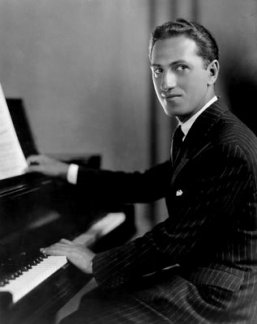

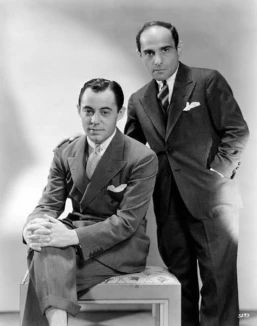

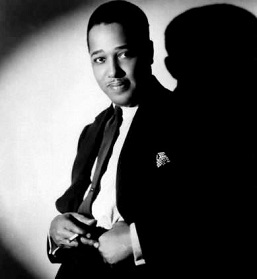


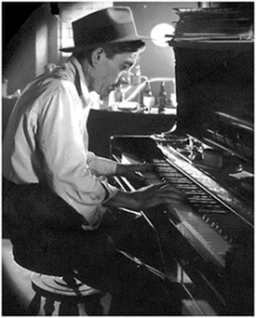
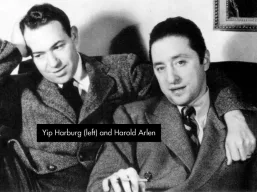
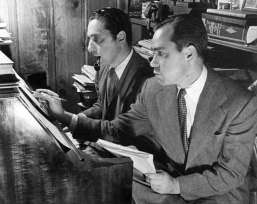



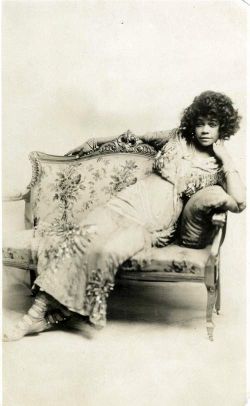





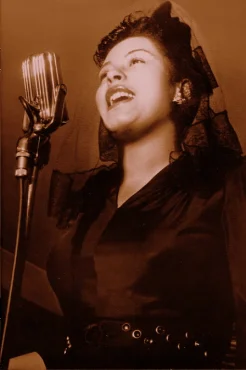




May 20, 2012 @ 01:47:13
A very good listen . . . most enjoyable. Best wishes.
cardonkong2001@yahoo.co.uk
LikeLike
May 30, 2012 @ 20:59:24
Thanks, Don. Best to you and the Missuz.
LikeLike